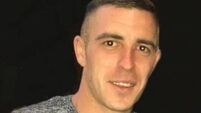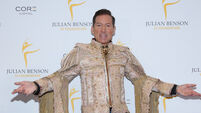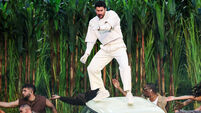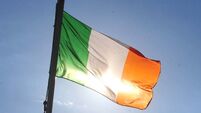Terry Prone: David Hanly was 'Mr Morning Ireland', ready to take on anyone
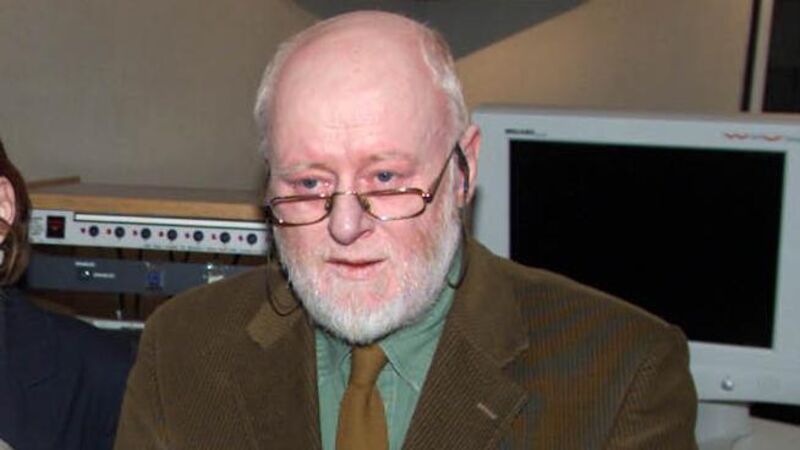
The death of David Hanly, aged 82, was announced on Friday with tributes flooding in for a man who had a distinguished career as a broadcaster and writer. File photo: Colin Keegan
The interviewee arrived early at the RTÉ Morning Ireland studios, which allowed the producer to note that they were all-body shaking.
The producer asked why. Terror, the interviewee confided. Absolute terror of the man who was going to interview him.





